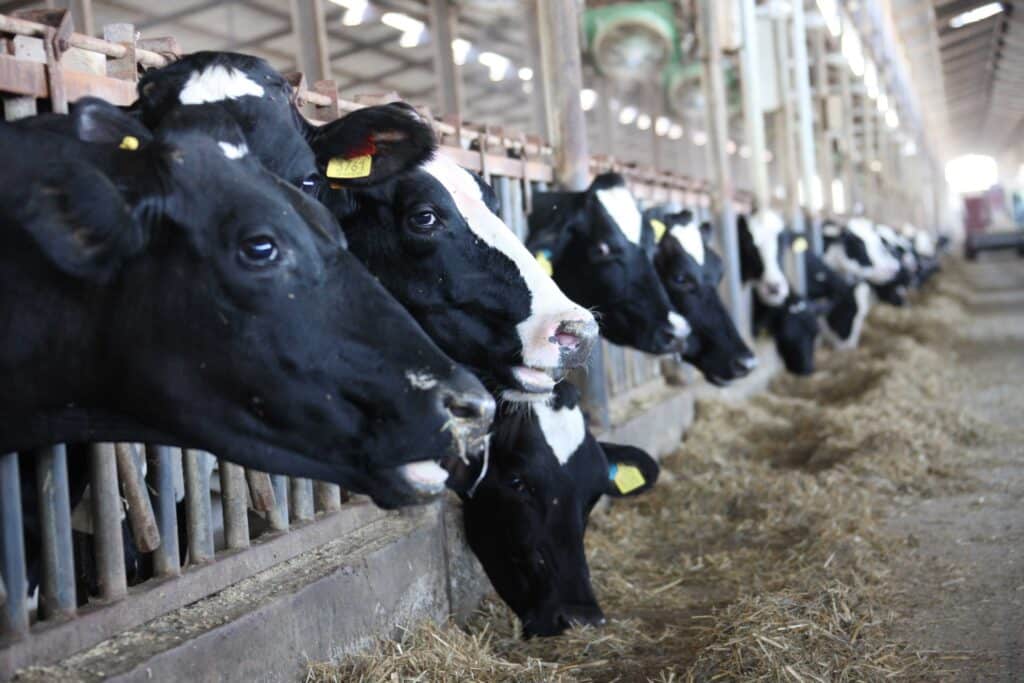A Turkish Cypriot has been diagnosed with variant Creutzfeldt-Jakob disease, commonly known as mad cow disease, prompting the north’s veterinarians’ association to demand “urgent biosecurity measures”.
People can contract mad cow disease by eating beef infected with bovine spongiform encephalopathy (BSE), which itself is caused by infectious proteins called “prions”. The disease causes the brain and spinal cord to become damaged over time and is both incurable and fatal.
The north’s veterinarians’ association pointed out that “in southern Cyprus, eradication and surveillance programmes are being implemented against BSE … in accordance with European Union regulations”.
“At risk cattle are tested for prions after slaughter, and certain tissues are prohibited from entering the food chain,” it said.
However, it added, in the north, “there is neither a national screening programme nor a preventative action plan”.
“This situation poses a risk to the livestock sector as well as to public health,” it said,
As such, it outlined a list of five recommendations for precautions to be taken, including the “closure of unlicenced and uncontrolled slaughterhouses, and bringing existing slaughterhouses into compliance with hygiene and legislation”.
It also called for “organs at risk of prion diseases” to be “prevented from entering the food chain”, and to instead be “safely destroyed in slaughterhouses”.
Additionally, it called for regular surveillance and laboratory testing for BSE and for the “financial and personnel capacity” of the north’s veterinary department to be increased.
On this matter, it said the department’s “current staffing and budget shortfalls” must “be addressed”.
It did, however, stress that there is “no need for public concern” and “no need to restrict the consumption of meat and dairy products obtained from registered and veterinarian-inspected slaughterhouses”.
It then added that the disease “is not transmitted from person to person”, and that “the risk can be controlled by preventing high-risk tissues from entering the food chain”.






Click here to change your cookie preferences